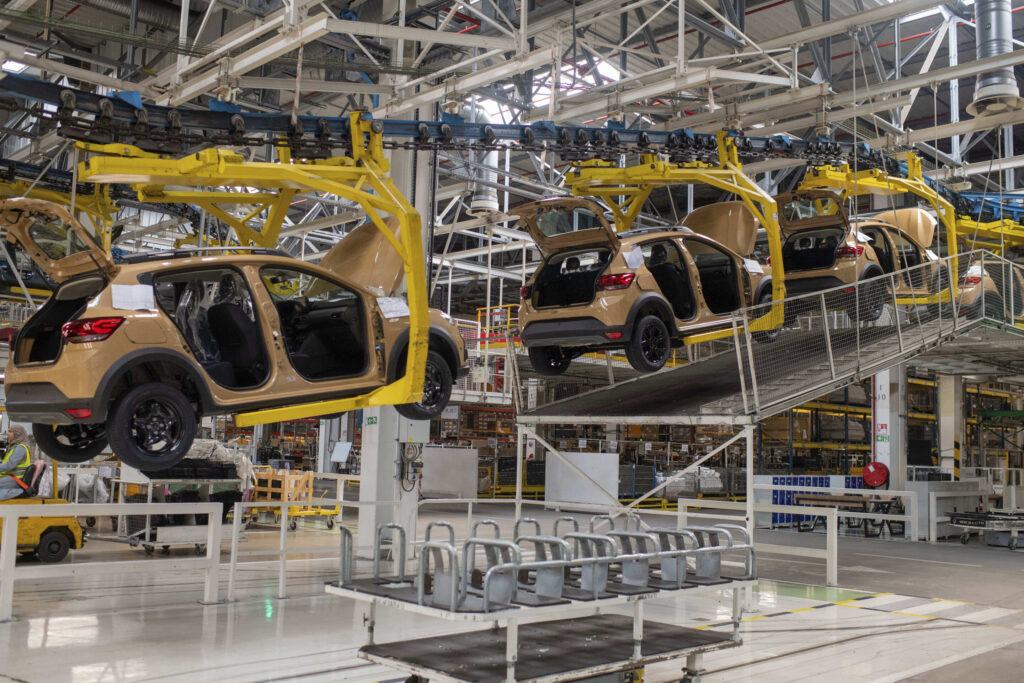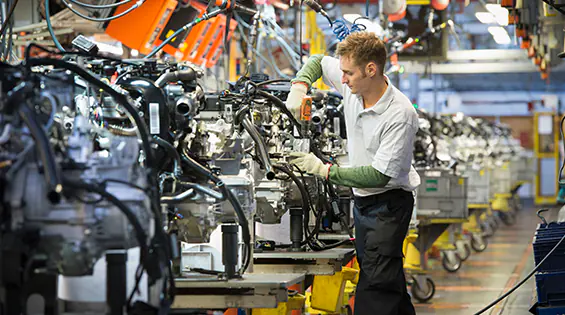Africa’s automotive industry has been characterized by assembly plants importing parts from abroad, with limited local manufacturing capabilities. But recent developments indicate a shift towards domestic production, driven by a combination of policy reforms, strategic investments, and a growing emphasis on sustainability. Historically, African nations have faced challenges in establishing automotive manufacturing sectors. The continent’s reliance on imported vehicles and parts has hindered the growth of local industries. Despite these challenges, countries like South Africa, Morocco, and Egypt have maintained automotive assembly plants, primarily focusing on assembling vehicles from imported kits rather than producing components domestically. But in recent years, there has been an effort across the continent to boost local vehicle manufacturing. Several nations are implementing policies and attracting investments aimed at reducing reliance on imports and fostering local automotive industries.
South Africa
South Africa has long been a leader in automotive manufacturing in Africa. The government is now considering tax rebates and subsidies to encourage the adoption of electric vehicles (EVs) and bolster the local EV industry. Major automakers such as Ford, Volkswagen, BMW, and Toyota manufacture vehicles in South Africa, with a significant portion of production destined for export markets like the European Union. To support this transition, the government plans to allow producers to claim 150% of qualifying investment spending on electric and hydrogen-powered vehicles starting March 1, 2026. Additionally, comprehensive policy guidelines for new energy vehicles, including hybrids and plug-in hybrids, are being finalized citeturn0news12.
Morocco
Morocco’s automotive industry has experienced rapid growth over the past two decades, positioning it as Africa’s largest automotive producer and a significant supplier to Europe. Producing 700,000 vehicles annually, Morocco’s industry success is attributed to incentives, infrastructure investments, and subsidies. Major manufacturers such as Renault and Stellantis operate in Morocco, contributing to the industry’s expansion. As the global automotive market shifts towards electric vehicles, Morocco aims to attract EV projects to sustain its growth. However, challenges arise as Western countries promote domestic EV production, potentially impacting Morocco’s position in the global market.

Nigeria
Nigeria is actively working towards local vehicle manufacturing through its Automotive Industry Development Plan (NAIDP). The plan outlines the construction of auto industry infrastructure, including supplier parks and clusters. Tax incentives are also part of the strategy, allowing car groups to import fully-built units at discounted duties for every vehicle built locally. The Nigerian government aims to reduce vehicle costs for consumers and promote domestic production within the next decade
Strategic investments are pivotal in advancing local vehicle manufacturing. For instance, China’s Gotion High Tech plans to establish Morocco’s first electric vehicle battery gigafactory with an investment of $1.3 billion. This facility aims to produce batteries with an initial capacity of 20 gigawatt-hours, potentially expanding to 100 GWh. Morocco’s strategic location, favorable trade agreements with the EU and the U.S., and a thriving automotive sector make it an attractive destination for such investments citeturn0news14.
The African Continental Free Trade Area (AfCFTA) plays a crucial role in the continent’s automotive industry growth. By connecting over 1.3 billion people into a single market, AfCFTA facilitates the movement of goods and services across borders. The automotive industry is expected to benefit significantly from this integration, with projections indicating a nearly 40% increase in value by 2027. Local companies are poised to capitalize on this expanded market, fostering intra-Africa trade and reducing dependency on external markets.
I don’t know about you, but I’m idealistic enough to believe that Africa’s automotive industry is just beginning!




